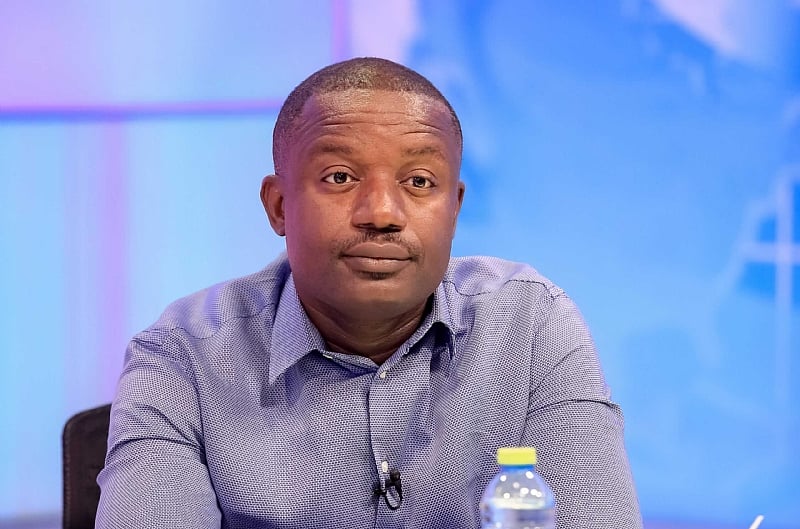Ghana’s energy sector, grappling with a substantial debt burden and dwindling fuel reserves, recently faced a potential crisis averted by timely intervention and negotiation. The looming threat of a shutdown by Karpowership, a major independent power producer (IPP), was successfully neutralized, offering a temporary reprieve in a sector plagued by financial strain and operational challenges. This incident underscores the fragility of Ghana’s energy supply and the urgent need for sustainable solutions to address the underlying issues.
Karpowership, responsible for supplying 450MW to the national grid, a significant portion of Ghana’s power needs, had initially communicated its intention to cease operations on May 18, 2025. This drastic measure was prompted by unpaid debts exceeding $400 million, a stark illustration of the financial difficulties permeating the energy sector. The potential loss of such a substantial power source raised serious concerns about widespread blackouts and their cascading impact on businesses, essential services, and daily life across the nation. Swift action by the Ministry of Energy and Green Transition proved crucial in averting this imminent crisis.
Minister for Energy and Green Transition, John Jinapor, engaged in critical discussions with Karpowership, culminating in a mutually agreeable resolution. The company rescinded its shutdown notice, agreeing to continue supplying power beyond the stipulated deadline. This positive development was facilitated by the establishment of a roadmap, detailing a plan to address the outstanding debt and ensure continued collaboration. While the specifics of this roadmap remain undisclosed, it represents a crucial step towards stabilizing the immediate situation and preventing a disruption in power supply. This negotiated agreement underscores the importance of dialogue and collaboration in resolving complex challenges within the energy sector.
However, the averted shutdown only addresses the immediate threat posed by Karpowership. The broader challenges facing Ghana’s energy sector remain significant and demand comprehensive solutions. The sector is burdened by a staggering $3.1 billion debt, with $1.7 billion owed to IPPs alone. This financial strain is compounded by monthly under-recoveries of GH₵2 billion by the Electricity Company of Ghana, further exacerbating the sector’s financial instability. These figures paint a bleak picture of the financial health of the energy sector, highlighting the urgent need for structural reforms and sustainable funding mechanisms.
Beyond the financial woes, the immediate operational challenge lies in procuring sufficient fuel to power existing plants. The Minister revealed a critical shortage of liquid fuel, with reserves sufficient for a mere 2.6 days of operation at the time of the Karpowership crisis. This precarious situation underscored the vulnerability of Ghana’s power supply to fuel shortages and price volatility. The urgency of the situation prompted immediate action to secure additional fuel supplies. Subsequent announcements confirmed the procurement of 450,000 barrels of light crude oil, providing temporary relief and averting the immediate threat of widespread power outages.
While the immediate crisis has been averted, the underlying issues plaguing Ghana’s energy sector remain unresolved. The temporary reprieve offered by the agreement with Karpowership and the procurement of additional fuel provides a window of opportunity to address the structural challenges and develop long-term solutions. These solutions must encompass not only financial restructuring and debt management but also strategies to diversify energy sources, improve efficiency, and enhance the reliability of the national grid. A comprehensive approach is essential to ensure the long-term stability and sustainability of Ghana’s energy sector, safeguarding the nation’s economic development and the well-being of its citizens. The averted crisis serves as a stark reminder of the interconnectedness of energy security and national prosperity.


